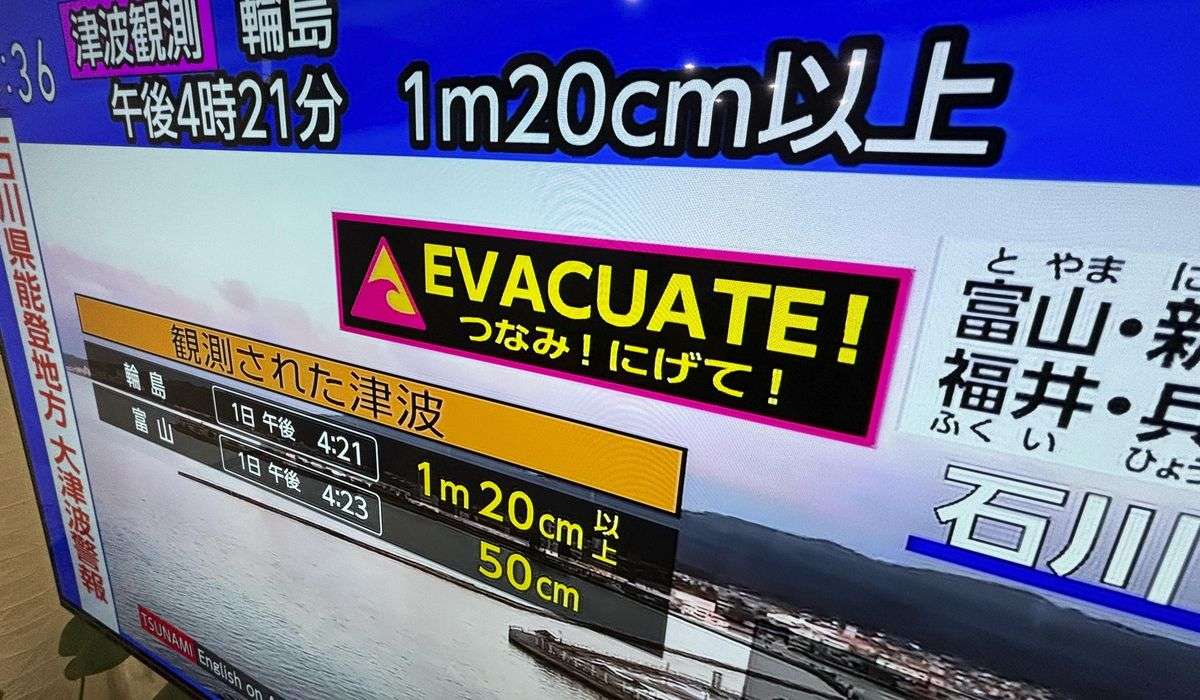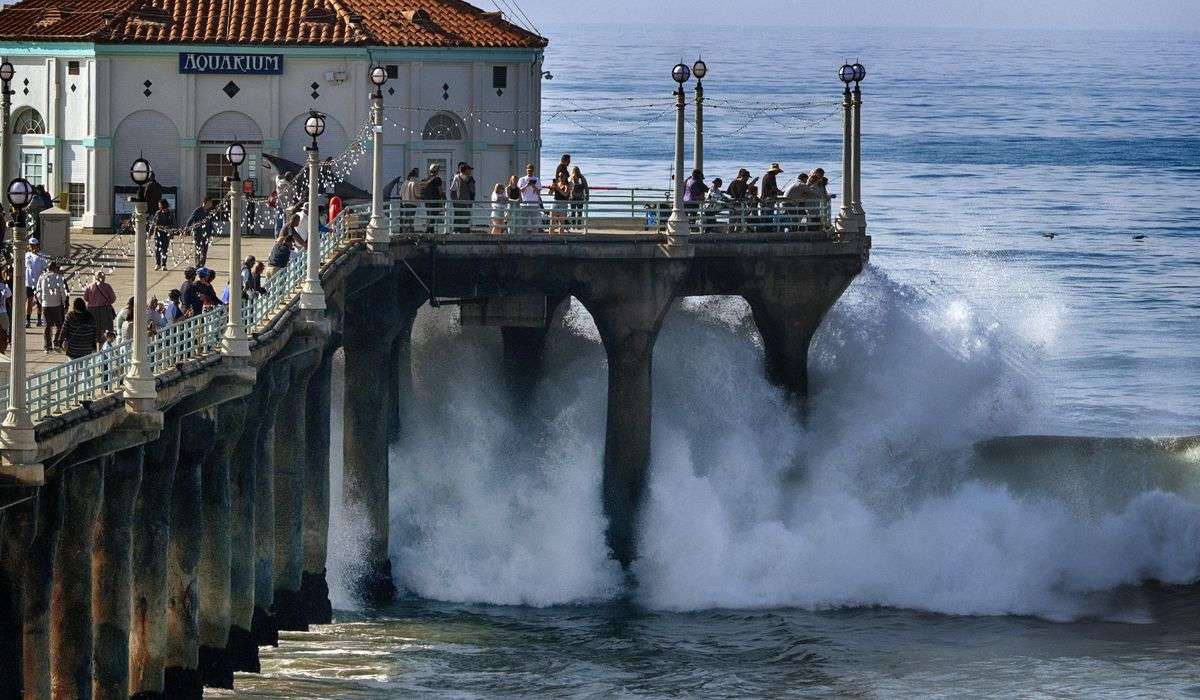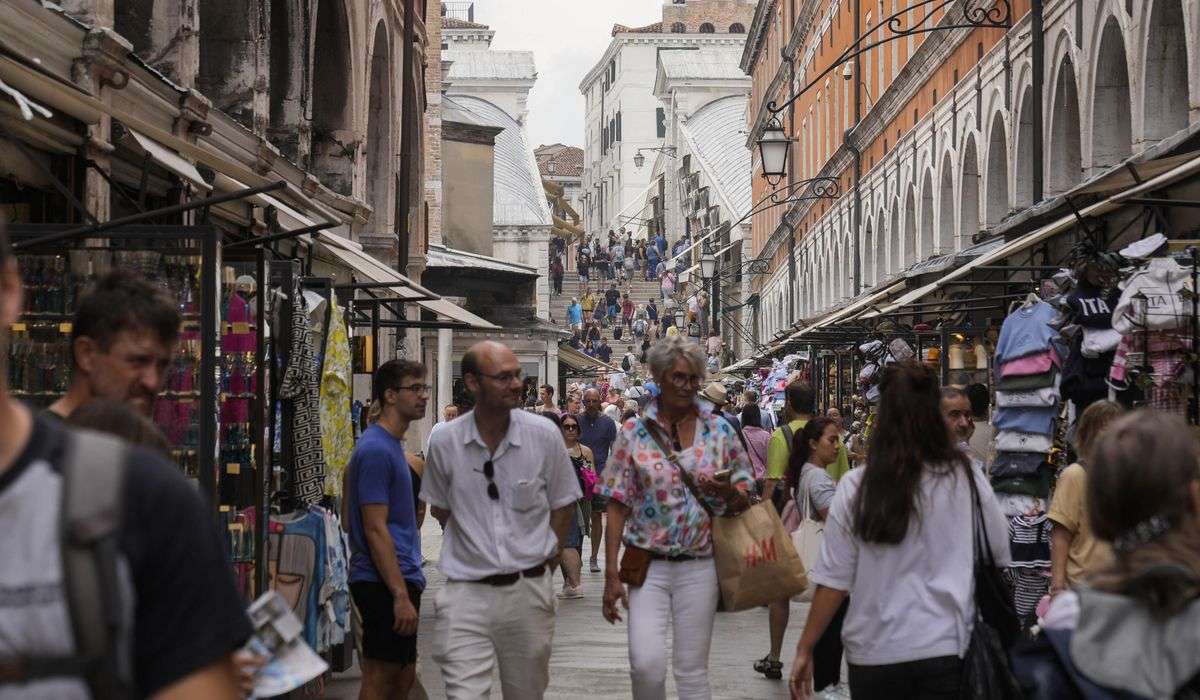Shifting coronavirus testing rules leave travelers frustrated
By Christopher Elliott,
When it comes to coronavirus testing requirements and travel, rules are rules — except when they aren’t.
That’s what Paul Marlow discovered before he flew from Vancouver, B.C., to Barcelona via Frankfurt, Germany, recently. Lufthansa emailed Marlow to notify him that he needed a negative PCR (polymerase chain reaction) test within 72 hours before his arrival to enter Spain. He paid $160 for a test.
Marlow, who runs a fashion website in Vancouver, noticed that his middle initial was missing from his test results. When he called the testing center, a nurse told him he would need a second test, “which would put me more than $300 in the hole before I even left my country,” he said. He refused.
When Marlow arrived in Barcelona, he removed his middle-initial-less test results from his passport holder.
“No one asked to see my results,” he says.
Confusion like Marlow’s has become more common as testing and proof-of-vaccination requirements shift. The rules, often unevenly enforced, have left travelers frustrated.
“There’s a lot of misinformation floating around right now about coronavirus testing,” says Geoff Trenkle, co-founder of Total Testing Solutions, a Los Angeles company that provides coronavirus testing. “That’s unfortunate, because it is really pretty simple.”
With only a handful of exceptions, you’ll need a negative coronavirus test before leaving the country. And you’ll have to get tested before you return, too. There are multiple types of tests, some more widely accepted than others. You’ll also need to budget time and money for testing when you’re making travel plans.
Does anyone bother checking your test results? I’ve heard from numerous travelers who, like Marlow, say no one reviewed their paperwork. Others tell me that they’ve been checked multiple times and that they’ve seen passengers without the required type of test results be turned away at the airport. Generally, the airline is responsible for checking your negative coronavirus test before you depart.
For information about types of tests, Trenkle recommends consulting the Centers for Disease Control and Prevention’s “COVID-19 Testing Overview” page. The gold standard of coronavirus tests and the most widely accepted one remains the RT-PCR (reverse transcription polymerase chain reaction). But Trenkle says RT-LAMP (reverse transcription loop-mediated isothermal amplification) tests are faster and can also be as accurate. Antigen tests are more readily available, but they don’t always catch asymptomatic infections.
There are a few perennial questions about coronavirus testing and travel. For example, do you need a coronavirus test before you leave the United States? The default answer is yes. Some countries, including Colombia, the Dominican Republic and Mexico, don’t require a negative test to enter. But elsewhere, you’ll need to show your test results when you arrive, even if you’re only in the country to make a connection.
The travel site Kayak has an easy-to-understand world map that includes coronavirus testing requirements. Borderless, a site published by travel insurance company SafetyWing, also identifies places where you can get a coronavirus PCR or antigen test fast enough to accommodate travel plans.
Want to book a test, too? You can find detailed information on Sameday Health’s website with nearly every country’s testing and vaccination requirements. Felix Huettenbach, co-founder and chief executive of Sameday Health, recommends making inquiries several days before your test results need to be ready. “Many providers may have longer wait times,” he says.
How much should you pay? Ideally, a PCR or antigen test should cost nothing. But you may pay a price for a free test. I found two clinics in Long Beach, Calif., to do free PCR tests before my recent flight to Portugal. They promised results in 48 to 72 hours, but clinic workers said it should only take two days, at most. Portugal requires PCR tests be taken within 72 hours before entry. I also took a $175 test through Sameday Health that promised results within 12 hours. Travelers have reported an abundance of similar same-day testing options in their areas.
The free PCR tests didn’t arrive on time; the Sameday test took about six hours.
Sometimes it takes a little digging to find accurate information. Stephen Morrissey, a retired advertising manager from Toronto, was dismayed when he calculated the testing fees for a multi-leg trip to the United Kingdom and Spain for himself and his wife. He initially figured that the coronavirus tests would set them back about $1,400. But then he did more research and found that the United Kingdom doesn’t require the expensive PCR test if you’re fully vaccinated.
You do, however, have to take a coronavirus test after arriving in England, he says.
Rulescan be inconsistently enforced when you return to the United States, too. Brad Sherp, an American who has lived in Costa Rica since spring, has taken coronavirus tests four times since the United States began requiring a negative test for returning passengers. He showed the test results to his airline, he said, but no one else asked to see his paperwork.
“I have reentered the U.S. in Miami, Houston and Dallas,” he says. “None of them asked me to show them my coronavirus test.”
But that’s not always true, as Michael Goldrich discovered when he returned to the United States recently.
“It had to be the right timing,” says Goldrich, who works for a hotel website in San Francisco. “It’s very confusing, because sometimes it says two to three days, while other sites say 48 to 72 hours.”
He paid about $96 to get tested two days before his departure from Barcelona — a price he considers too high. “The results were checked multiple times,” he recalls, noting that not everyone passed. One family booked on his flight had results that had expired, and they weren’t allowed to fly.
Courtney Jackson understands the confusion. When it comes to testing and proof-of-vaccination requirements, she tends to repeat herself a lot. First, she tells her clients about the latest rules.
“I also update my clients as travel requirements change,” says Jackson, whose agency, Wishful Escapes, specializes in luxury travel. “Finally, before departure, I double-check the requirements again to make sure nothing has changed.”
Even then, travel professionals such as Jackson can’t be sure how the rules will be interpreted or enforced — or whether they will be observed at all.
Some travel agencies are helping clients with their tests. For example, in October, the luxury agency Embark Beyond teamed up with the health tech firm eMed to offer self-administered rapid antigen test kits for reentry into the United States. The process takes about 10 minutes and requires an Internet connection.
“Once you have the results, eMed emails an official negative covid lab report to you,” says Jack Ezon, founder and managing partner of Embark Beyond.
Experts say you should probably get used to testing requirements. That’s because air travel can spread an infectious respiratory disease from one side of the globe to the other in a day, which can set off a chain reaction of infection in a population, says Lisa Lee, a research professor in Virginia Tech’s Department of Population Health Sciences. “It is hard to say how long governments and airlines will continue to require coronavirus testing,” she says.
Nicole LeBlanc, owner of Mon Voyage, a travel agency in Dallas, says that, in the end, it’s better to be safe than sorry.
“Requirements can change suddenly,” she says. “When in doubt, get a PCR test — even if you don’t think you need it.”
Elliott is a consumer advocate, journalist and co-founder of the advocacy group Travelers United. Email him at chris@elliott.org.
Read more from Travel: Read past Navigator columns here






